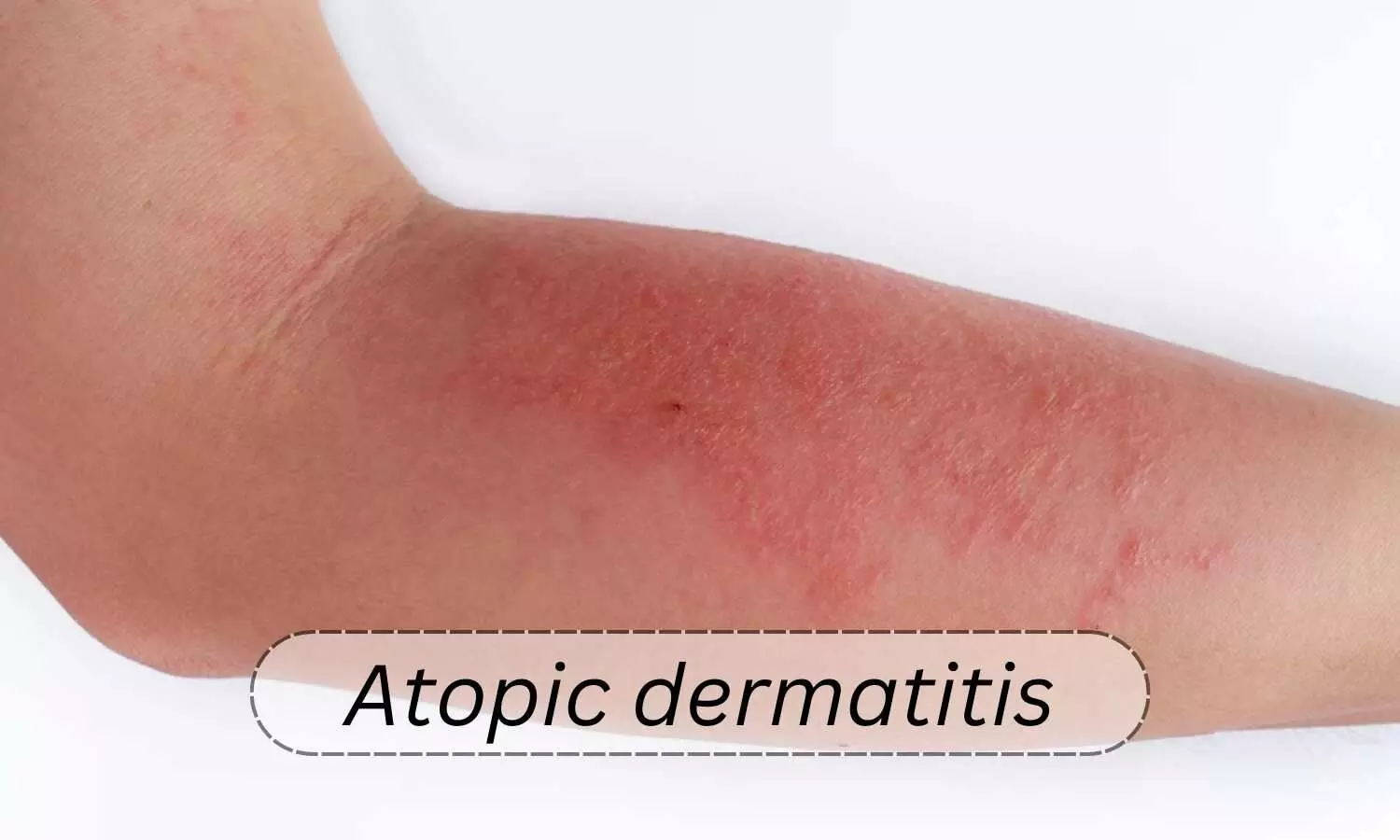Obesity Linked to Increased severity of Atopic Dermatitis: Study

Researchers have found that obesity is associated with clinician- and patient-assessed severity of atopic dermatitis (AD), although the effect sizes suggest limited clinical relevance. This conclusion comes from a prospective, observational cohort study known as TREATgermany, led by Dr. Stephan Traidl from Hannover Medical School’s Department of Dermatology and Allergy. The study was published in the Journal Of the European Academy Of Dermatology and Venereology.
The relationship between obesity and the severity of atopic dermatitis has been debated in epidemiological studies, with some European findings contradicting American research on the topic. The TREATgermany study was designed to investigate the associations between obesity and subjective and objective measures of disease severity, as well as comorbidities in patients with atopic dermatitis. The study’s data come from one of the largest AD registries worldwide.
TREATgermany is a prospective observational cohort study involving subjects with moderate-to-severe atopic dermatitis. By 2023, the cohort had recruited more than 1,800 individuals across 69 centers. The research team used UK Working Party criteria for diagnosing atopic dermatitis and enrolled adults who had undergone systemic therapy for AD within the previous 24 months.
Participants were stratified into three groups based on Body Mass Index (BMI): underweight (<18.5 kg/m²), normal weight/overweight non-obese (18.5-29.9 kg/m²), and obese (≥30 kg/m²). Researchers assessed participants’ baseline characteristics, including educational background, age, sex, smoking habits, employment and marital status, and disease severity. The team also looked at Eczema Area and Severity Index (EASI), SCORing Atopic Dermatitis (oSCORAD), and Investigator’s Global Assessment (IGA) scores, as well as allergic comorbidities.
The key findings of the study were:
-
The study involved 1,416 participants, 16.5% of whom were classified as obese (BMI ≥30 kg/m²).
-
Obese participants had lower education levels and higher rates of smoking.
-
An increase in BMI was associated with increased oSCORAD (adjusted β: 1.24, 95% CI: 1.05–1.46, P = 0.013) and Patient-Oriented Eczema Measure (POEM) scores (adjusted β: 1.09, 95% CI: 1.01–1.17, P = 0.038).
-
Allergic comorbidities were similar across all groups, except for asthma, which was more common in obese individuals (P < 0.001).
The study’s main limitation was the low number of underweight participants, which prevented in-depth analysis of this subgroup. Despite this, the large sample size allowed for a thorough investigation of obese patients with AD.
The findings suggest that obesity is associated with increased severity of atopic dermatitis as assessed by both clinicians and patients. However, the effect sizes indicate limited clinical relevance, suggesting that while there is a link, it may not be a major factor in the management of AD.
Reference:
Traidl S, Hollstein MM, Kroeger N, Fischer S, Heratizadeh A, Heinrich L, et al. Obesity is linked to disease severity in moderate to severe atopic dermatitis—Data from the prospective observational TREATgermany registry. J Eur Acad Dermatol Venereol. 2024; 00: 1–9. https://doi.org/10.1111/jdv.20042.



